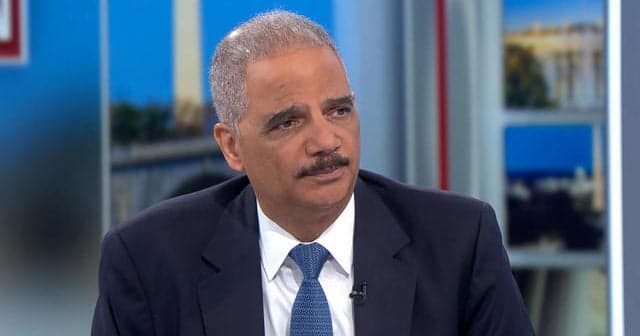Nearly 200,000 Ukrainians in U.S. Face Legal Limbo After Processing Pause
Internal government data show delays and policy changes under the Trump administration have left nearly 200,000 Ukrainians who arrived under a Biden era humanitarian program in uncertain legal status, risking loss of work authorization and health coverage. The bottleneck raises humanitarian, governance, and diplomatic questions as applications remain largely unprocessed months after a court ordered action to resume.

Internal U.S. government data reviewed by news organizations reveal that processing delays and policy shifts since January 2025 have placed nearly 200,000 Ukrainians living in the United States under a humanitarian parole program into legal limbo. The program, launched under President Biden to allow Ukrainians fleeing the war to live and work in the United States, has seen renewals stall after the Trump administration paused application processing earlier this year. The pause triggered a cascade of consequences for thousands of people whose temporary permissions expired.
Many parolees lost work authorization and employer provided health insurance when their statuses lapsed, creating immediate financial strain for families and communities. Advocates and legal experts have documented cases of people losing jobs, falling behind on rent, and facing the prospect of deportation. One profile detailed a Ukrainian woman in Florida who lost employment and benefits after her authorization expired in May. Reports say fears of detention and deportation are widespread among affected populations.
A court ordered processing to resume in May, but agency records show the pace of renewals has been extremely limited. By the date these records were reviewed, only about 1,900 applications had been processed out of the hundreds of thousands awaiting action. The gap has left many without certainty about their right to work, access to medical care, and eligibility for social supports. Adding to the strain, the administration imposed a new fee on applicants, increasing the financial burden on a population already contending with job loss and precarious housing.
The situation has institutional implications for immigration enforcement, administrative capacity, and the rule of law. Pauses in processing by an administration can produce sudden losses of legal protections for large groups who arrive under executive humanitarian mechanisms. Legal advocates argue that stalling renewals turns a temporary protection into a long term vulnerability for people who fled war and who are integrated into local workforces and economies.
Policy makers face several immediate choices. Congress could consider legislative solutions to provide a permanent status pathway or emergency funding for agency processing, while courts may continue to oversee agency compliance. Agency officials will also have to reconcile the demands of enforcement priorities with the operational need to adjudicate backlogged applications in a timely manner.
The delays carry diplomatic weight as well. The United States has been a key partner to Ukraine in security and humanitarian terms, and the treatment of Ukrainian evacuees and migrants is visible to Kyiv and to allied capitals. Prolonged uncertainty for nearly 200,000 people has consequences for bilateral relations and for U.S. credibility on humanitarian commitments tied to the war.
As the backlog persists, local governments, health providers, and employers face pressure to adapt to fluctuating eligibility among workers and patients. The policy choice to pause processing has therefore rippled beyond federal bureaucracy, affecting civic engagement, community stability, and broader debates over how temporary humanitarian measures should be administered and safeguarded.


